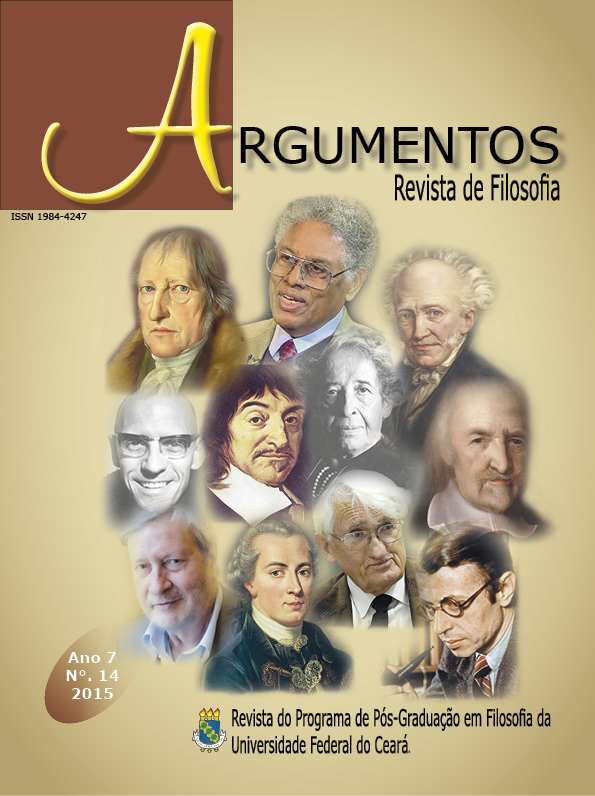The nietzschean model educator
Keywords:
Education. Schopenhauer. Nietzsche. Teachers. Researchers.Abstract
Highlight a few excerpts from “Schopenhauer as Educator”, which I deem relevant due to their universal importance. Nietzsche elected Schopenhauer as a model educator because of his original, government-independent mind, whose reflexions are much more about collective than personal interests. Nietzsche stresses that thinkers with such qualities are doomed to solitude, for this is a necessary condition to produce original and creative thinking. He also proposes that philosophers and educators should guide their lives under the same ethical and moral principles they believe in and speak of. This is a sine qua non condition in order to be recognized as genuine role models by their students. Nietzsche lists 12 traits that prevent some teachers and researchers from bettering themselves, from either a scientific or personal perpective, among those the choice of tractable issues as the main focus of their research and always putting their personal interests ahead of broader ones. These traits, which were first identified in German professors and scientists of the 19th century, are recurrently found in most Western universities, including the ones in Brazil.Downloads
Published
Issue
Section
License
Argumentos magazine is licensed under an International Creative Commons Attribution License.
The Magazine uses CC BY inclusion
1) The authors retain the copyright granted to the magazine or the right to initial publication, with the work regularly licensed under the Creative Commons Attribution, which allows the sharing of the work with acknowledgment of authorship and initial publication in this magazine.
2) The authors are authorized to contract additional applicable contracts, for non-exclusive distribution of the version of the work published in this journal (for example, publication in the institutional repository or as a chapter of the book), recognition of authorship and initial publication in this journal.
3) Authors are authorized and encourage to publish and distribute their work online (for example, in institutional repositories or on their personal pages) at any time before or during the editorial process, as they can generate productive changes, as well as increase the impact and reference of published work.




.jpg)










._._3.png)
1.jpg)
._._._.png)
